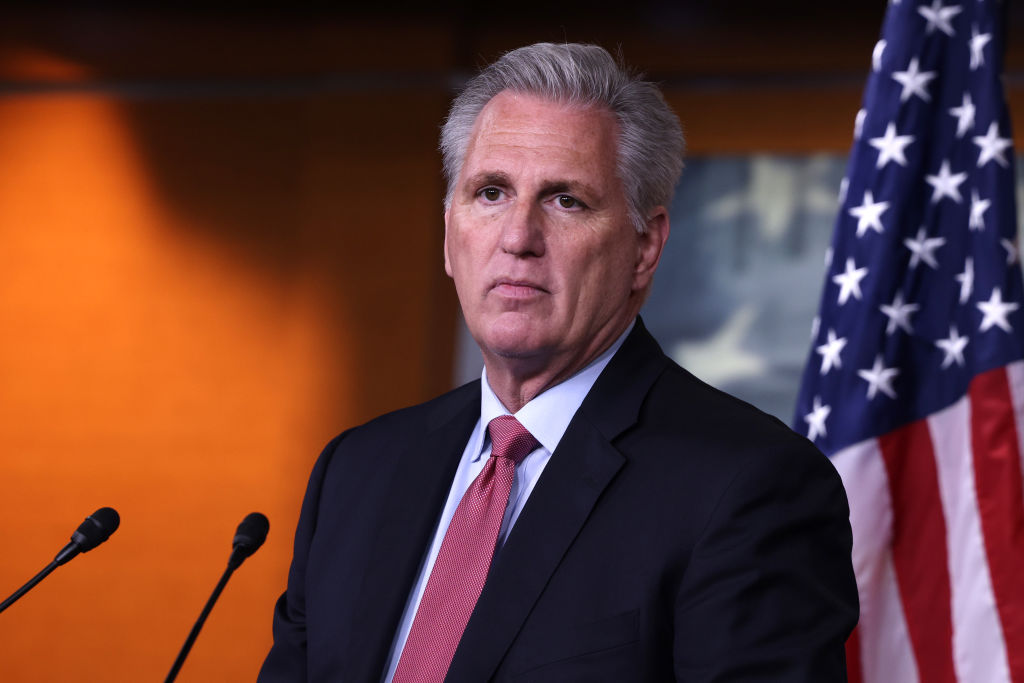The House is headed for another round of voting in the speaker’s race for the first time in 100 years.
On Tuesday, lawmakers cast their ballots to choose the next speaker. House Republican Kevin McCarthy (R-Calif.) failed to clinch the required 218 votes.
McCarthy received 203 votes, while Rep. Hakeem Jeffries (D-N.Y.) received 212 votes, and Rep. Andy Biggs (R-Ariz.) received 10 votes.
And nine Republicans cast votes for other candidates for speaker.
As no candidate received 218 votes, the House move on to a second vote to try to elect the new speaker.
And McCarthy was poised to lose on the second ballot as at least 11 Republicans had voted against him.
For the first time since 1923, the House cannot elect a speaker after the first ballot. No one gets 218 votes. Vote not closed yet
McCarthy – 203
Jeffries – 212
Biggs – 10
Others – 9
Voting will continue until someone gets 218. House cannot move forward until a speaker is elected— Manu Raju (@mkraju) January 3, 2023Do you think the process will last for days?
While McCarthy reportedly said the process “could” last for days, he still expressed optimism he will come out on top.
Before the vote, he reportedly told Republicans during a closed-door meeting, ”I earned this job. We earned this majority, and God dammit we are going to win it today.”
On Tuesday morning, there were five so-called “Never Kevin” Republicans who publicly stated they oppose his bid for speaker — he could only afford four defections. And Politico reported one McCarthy ally believed there could be as many as a dozen House Republicans opposed to him.
Also on Tuesday morning, Rep. Scott Perry (R-Pa.), the chair of the Freedom Caucus, released a statement blasting the Republican leader and suggesting he “rejected” the chance to be the speaker.”
In the first round of voting, the number who opposed McCarthy wound up being closer to 20.
CNN’s Manu Raju noted the chamber will be unable to tackle other items on its agenda until a speaker is chosen.
In 1923, the House speaker was not chosen until the ninth ballot.
























